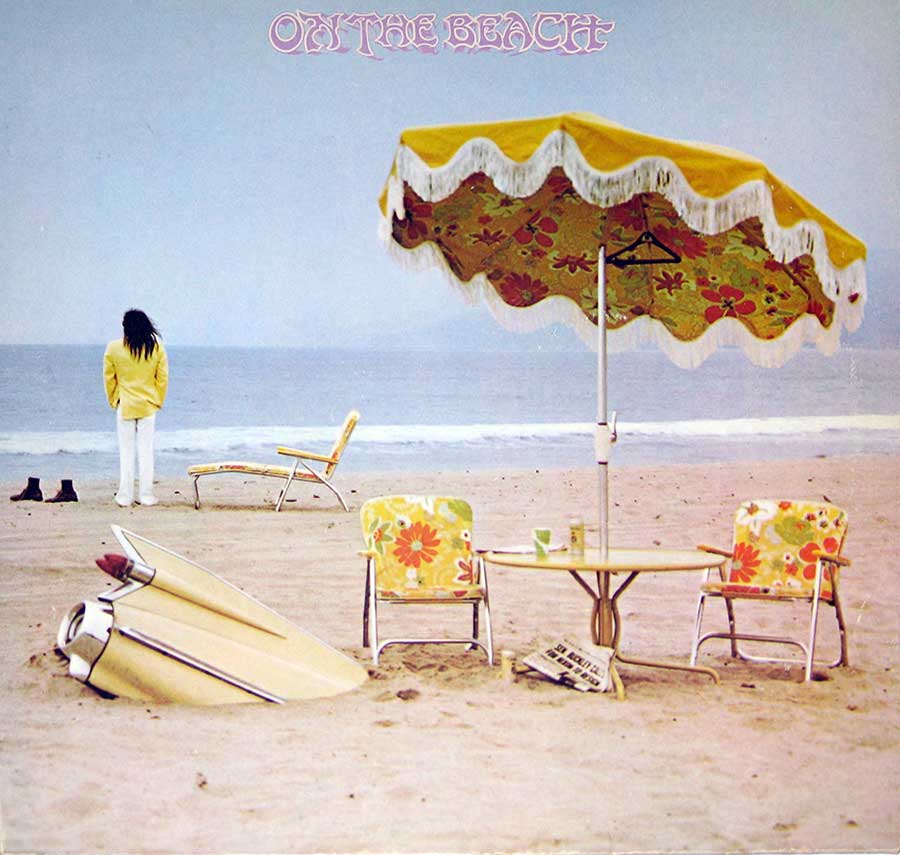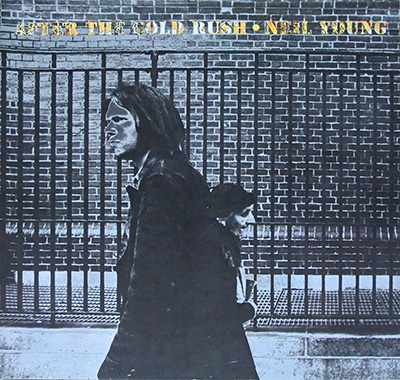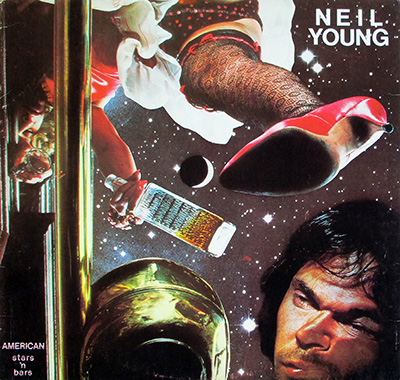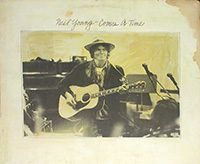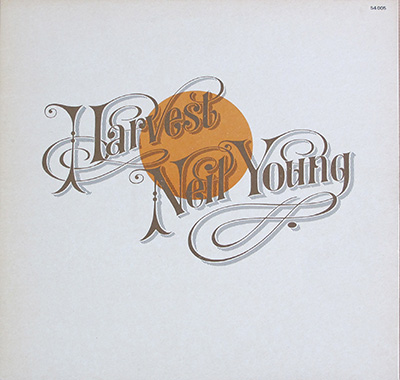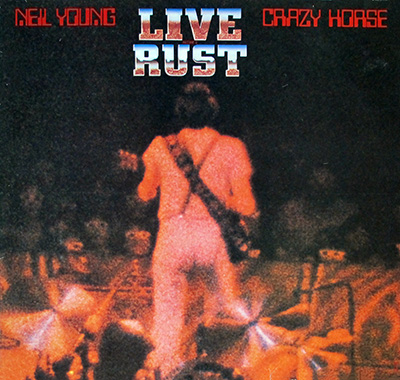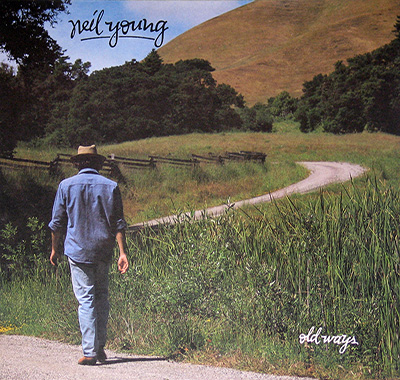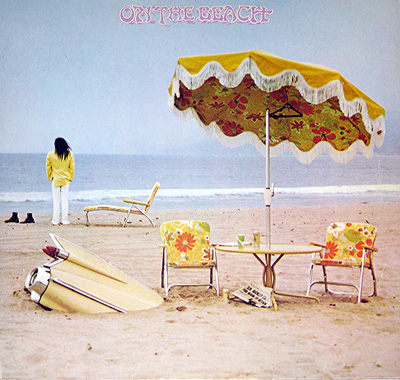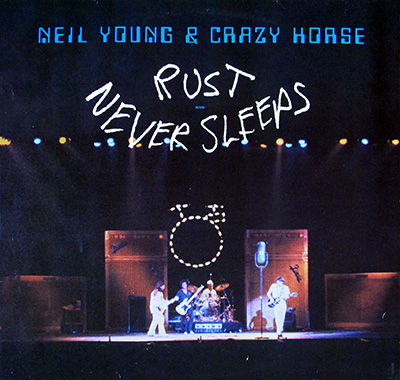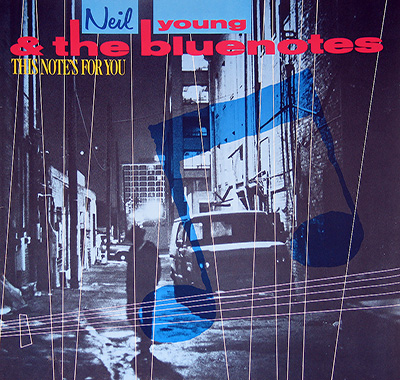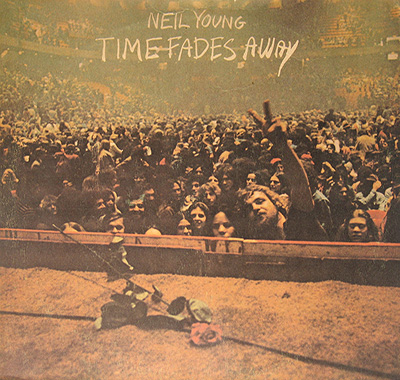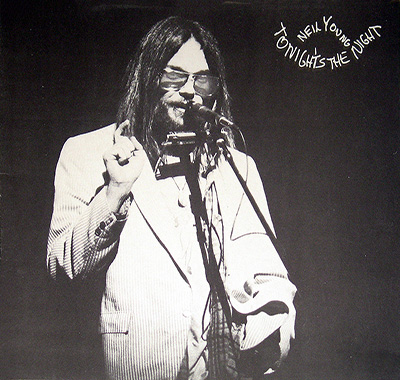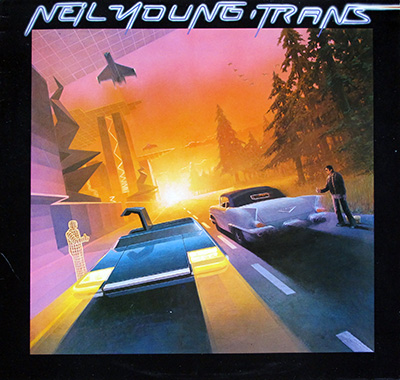In the heart of the mid-70s, amidst a whirlwind of personal struggles and artistic disillusionment, Neil Young emerged from the California haze with "On the Beach." This wasn't just another album; it was a raw, unfiltered transmission from the depths of his soul. The year was 1974, and the music scene was awash in a sea of glam rock and disco. Young, however, remained steadfast in his own lane, carving out a path that was distinctly his own.
Recorded primarily at the legendary Sunset Sound studios in Hollywood, with additional sessions at the even more fabled Record Plant, "On the Beach" wasn't a polished pop record. It was a gritty, sun-soaked journey through Young's psyche. The album's production team, which included the likes of Al Schmitt and longtime collaborator David Briggs, captured the essence of Young's vision, creating a sound that was both intimate and expansive.
"On the Beach" wasn't a concept album in the traditional sense, but it did possess a thematic cohesion that was undeniable. It was a collection of songs that explored the darker corners of the human experience, touching on themes of heartbreak, addiction, and the search for meaning in a world that seemed to be spinning out of control.
The album's opener, "Walk On," set the tone for what was to come. It was a melancholic ballad that showcased Young's signature blend of raw emotion and poetic lyricism. Other standout tracks included the haunting "Ambulance Blues," the wistful "See the Sky About to Rain," and the anthemic "Revolution Blues."
While "On the Beach" received mixed reviews upon its initial release, it has since been recognized as one of Young's most important and influential works. It was an album that dared to be different, an album that refused to conform to the expectations of the mainstream. It was an album that was both timely and timeless, a snapshot of a particular moment in history that continues to resonate with listeners today.
